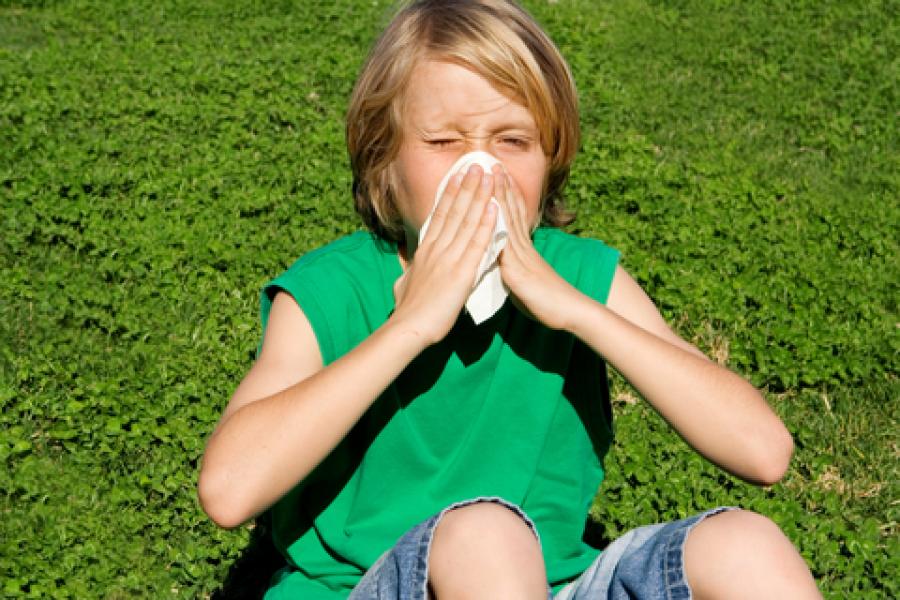Allergy
Allergies occur when your child's immune system has made an allergic response to a substance in the environment called an allergen. Allergens include airborne allergens (from dust mites, cats and dogs, pollen and moulds) and food allergens. Find out more about allergies, eczema and some answers to common questions about feeding new foods to babies who are at risk of allergies.

© Godfer | Dreamstime.com